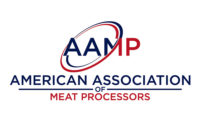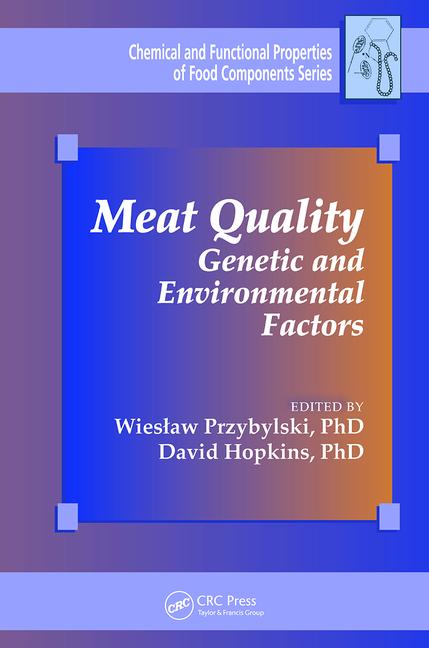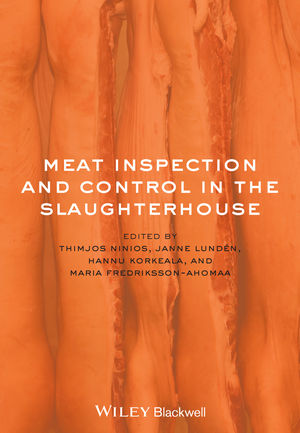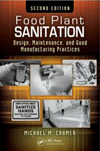AAMP
AAMP Update: Revised Appendix A & B Update

AAMP, along with other industry groups and representatives from a working group of scientists, met with FSIS recently. We began dialogue on the Revised Appendix A & B documents and where we felt the agency was off with their science and the negative affect it would have on the industry, especially for small processors.
We presented some alternatives, as well as some scientific studies, that would support our thoughts. FSIS was receptive of our comments and the work that we are doing, so we moved forward in our efforts to get the studies finished. Our group of industry associations has since sent a letter to FSIS with more thoughts and details. We are awaiting a response, along with a date to meet again in Washington. With the compliance deadline date coming in March, we are pushing to get answers or to get the date pushed back so we can have time to properly finish the studies and gather the necessary facts to present to FSIS.
AAMP will continue to keep you updated as we move forward. As a reminder, if you are asked to begin changing your HACCP plan to meet the requirements of the revised documents, you do not have to. Some districts around the country were pushing this. I had conversations with Washington and they were going to speak with the EIAOs in the districts and tell them to step back. I do not want to see you make changes until things are finalized since we do not agree with the documents as currently written. You will need to do validation if you make changes and then when the documents are changed again and finalized, you will have to change and validate yet again. At least until March, the 1999 version of A & B are still good for use. If you have any questions or are being asked to make changes, please feel free to call us.
Industry best practices for customer complaints of foreign material in meat & poultry products
By Nelson Gaydos, AAMP outreach specialist
For over two years, AAMP and members of the North American Meat Institute, the Southwest Meat Association, the National Chicken Council, the National Turkey Federation, Keystone Foods, and several other food industry organizations, in cooperation with USDA-FSIS, have developed a best practices document for handling customer complaints of foreign material in meat and poultry products. The document itself was designed to be applicable to a wide range of meat processors no matter the size, amount of product produced or number of employees.
“The purpose of this best practices document is to provide a method of receiving, investigating, and responding to foreign material complaints. Foreign material contamination can be found: 1) in the source raw material, 2) in the processing plant during production, or 3) by a customer or other purchasing group that may notify government agencies. The response procedure assumes that the establishment maintains preventive measures to protect product from foreign material introduction from all sources and documents actions when customer complaints are reported.”
“Though not all foreign material is a food safety hazard, every foreign material complaint should be evaluated and determined if a food safety risk is associated with the foreign material.” This document lists the necessary information needed for collecting and recording customer complaints, helps processors determine the validity of the complaint and if it is an isolated incident or systemic, determines if a recall needs to be issued and what corrective actions need to be taken to prevent future problems while taking into account relevant regulations and directives by both the USDA and the FDA.
The document can be found under the ‘AAMP Materials and Industry Publications’ tab on the AAMP website (AAMP member login required) or directly at: https://bit.ly/2F4xNpD.
Looking for a reprint of this article?
From high-res PDFs to custom plaques, order your copy today!







